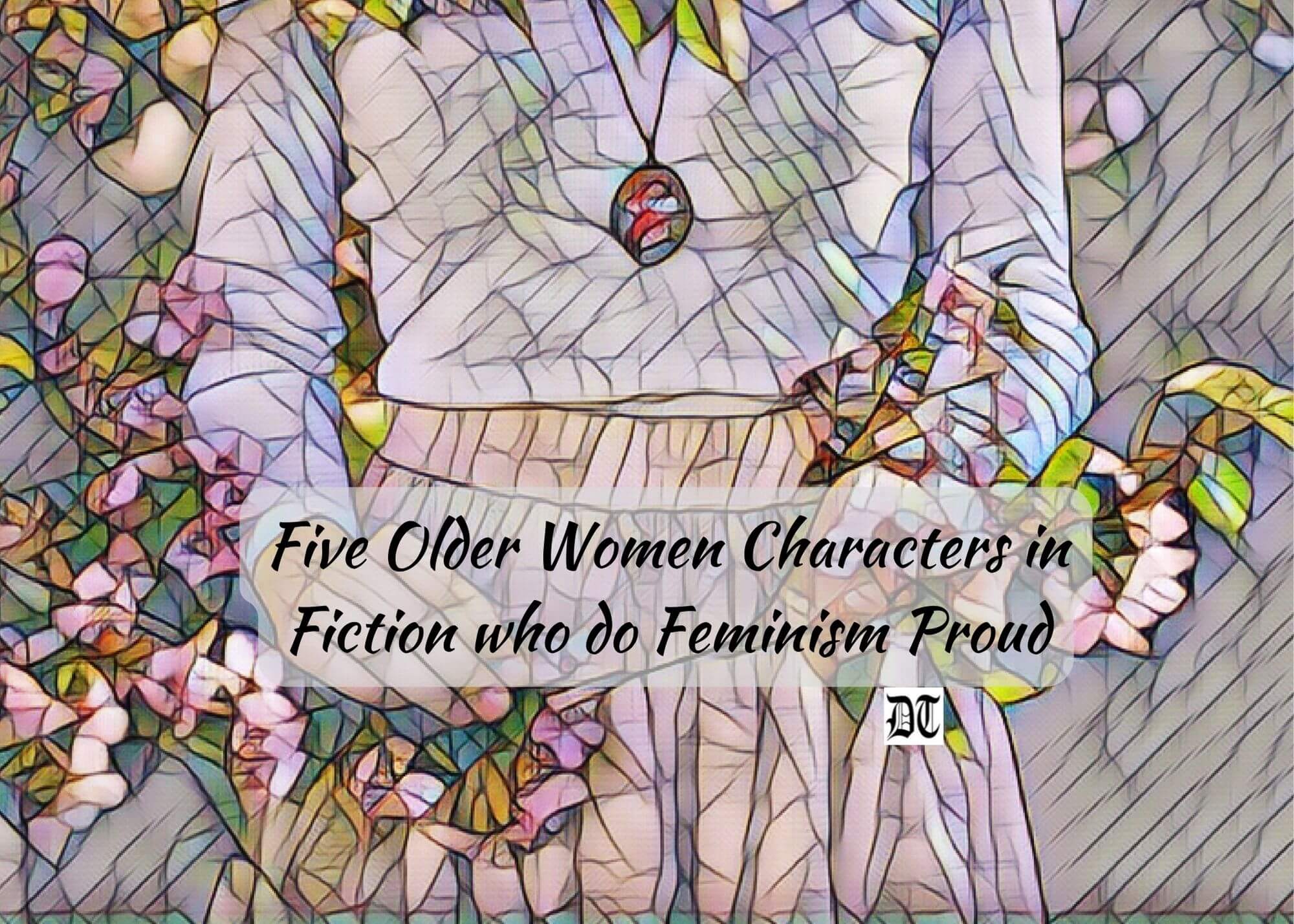Basudeb critiques one of the novels of Kiran Desai, exploring the Weltanschauung of the Indian Diaspora novelists, in the weekly column, exclusively in Different Truths.
Born in Chandigarh, India, in 1971, Kiran Desai is Anita Desai’s daughter, who holds the Indian Passport and at the same time is a US Green Card holder. She left for England with her parents at the age of her 15 and then to the United States of America. She obtained her Master’s degree from Hollins University, Roanoke, VA., U.S.A. It is very difficult for me to say whether a writer, male or female, in the twenty-first century, characterised by the explosion of the Information Technology and a good jet connectivity can be identified with a particular country or not. Crossing the border frequently is hardly a problem today if someone has either money or talent.
The idea of writers of American or English Diaspora of Indian origin is indeed problematic in the world today. A global novelist may make the locale of his/her novels any country of the world. Novelists like Amitav Ghosh, Bharati Mukherjee, Gita Harridan, Devika Karunakaran, all who are popularly known as writers of Diaspora of Indian origin, may be considered global novelists. Jhumpa Lahiri may be an exception because she belongs to the second generation of immigrants now settled in America. All these twenty-first-century novelists are unlike the novelists like Kamala Markandaya, Attia Hosain, Santa Rama Rau, Gita Mehta, Nayantara Sahgal, Shobha De, Arundhati Roy, Manju Kapur and others. These novelists are exposed to the West for some several reasons. But the mindset of these writers of the present century is definitely different from writers like Anita Desai or Manju Kapur or Gita Mehta and others. Maybe, these novelists of this century have a different concept or no concept at all, of nation, nationalism, nationhood, national or international border and boundary. Maybe, they think that they are the citizens of one world, a homogeneous world with no cultural or ethnic or linguistic differences.
Kiran Desai may be considered a global novelist.
However, Kiran Desai’s first novel, Hullabaloo in the Guava Orchard, was published in 1998. It also won a coveted award. Her second novel is The Inheritance of Loss and this novel immediately after its publication, in 2006, focused the global spotlight on Kiran Desai. She won the Man Booker Prize that year. The youngest Indian woman novelist was 25-year-old at that time.
a coveted award. Her second novel is The Inheritance of Loss and this novel immediately after its publication, in 2006, focused the global spotlight on Kiran Desai. She won the Man Booker Prize that year. The youngest Indian woman novelist was 25-year-old at that time.
The Inheritance of Loss depicts the crises of some Indians who have been victimised by the prevailing caste system in Indian society. And those characters belong to both lower and upper hierarchical strata of the society. The novel also meticulously delineates their dreams and aspiration of migrating from India to the United States for emancipating themselves from their rigid thralldom in India. The narrative in the novel is intrinsically related colonial and the post colonialism impact upon the characters in the novel, crises of their identities. One of the subtexts of the novel is the novelist’s arduous attempt to expose the snobbishness of some characters of the novel who pooh-poohs the Indian traditional way of life and way of looking at things taking place around them. It is the story that begins in the 1980s. One of the important locales of the novel is Kalimpong, a tiny town in the heart of the Himalaya. Sai who is 17-year-old lives with her grandfather. Law is his profession, he is educated in Cambridge University and by profession, he is a Judge. The man is very proud. He has fallen from his due social position because of the contemporary social and political position. He is a divorcee and out of the prick of his conscience, he has decided to bring up her granddaughter. Some other important members of the family are the judge’s cook and Biju, the son of the cook. Gyan is Sai’s private tutor and boyfriend.
A group of Nepalese guerrilla attacks the judge’s house and demands the weapons from the judge. When the insurgents leave the place the police are informed. Biju being a member of the lower caste is a prime suspect by the police who interrogate him. Then the locale of the story shifts from Kalimpong to New York City. He is found selling Hotdog and other fast food there. The narrative again shifts from New York to the judge’s house at Kalimpong. All members in that house are sad and for that undesirable event. Again the narrator takes the readers to Biju’s workplace at New York. Biju is also humiliated in his workplace by his colleagues though he is very competent. The only guilt he has is that he has hailed from India. And he is a non-White. Another important feature of his character is that Biju always feels that he is often despised even by his Pakistani counterparts, who think that he is inferior to them. A sense of persecution and a complex of inferiority sadden him day and night. A belief that he is a servant like his father is very much painful to him. The concluding two chapters are very much eye arresting. Sai is given a promise by her grandfather that she will be sent to a good government school because she is smart and intelligent enough to get admitted to a good and elitist school. Her grandfather wants it. An old trunk which the judge has inherited from his father has been stolen by the thieves.
 The novel The Inheritances of Loss presents various aspects of the good and the bad of the impact of globalisation upon India. The important characters like Sai, Biju, Jamnbhai Patel, Nomita and Lolita, all are disturbed by the globalisation of India. These are the very sensational issues and Kiran Desai is very much aware of the predicament of these characters. She presents all these in her novel.
The novel The Inheritances of Loss presents various aspects of the good and the bad of the impact of globalisation upon India. The important characters like Sai, Biju, Jamnbhai Patel, Nomita and Lolita, all are disturbed by the globalisation of India. These are the very sensational issues and Kiran Desai is very much aware of the predicament of these characters. She presents all these in her novel.
Had we visited the novelistic world of Salman Rushdie, we would have definitely found that Gyan and Sai both had entered into a sensual and physical communication between the two. Indeed they failed to communicate with each other physically. And the result is their inability to respond appropriately the emerging scenario of the globalization. The novel presents the lack of the emotional fulfillment of these two characters. Problems of alienation are also adequately focused in this novel as it has been in the novels of her mother’s novels. The judge is alienated by the people of the Cambridge society. Ladies in the bus avoid her. They do not like him sitting by his side. Days after days they hardly talk to him. He feels alien in Cambridge university society. The same case we also find in the life of Biju. He becomes an object of ridicule to his colleagues in the restaurant where he serves as an employee. Finally, the novel may be said a novel, based upon colonialism, and the effect of postcolonialism, the identity crises and often racialism and the judge’s pride and snobbery. The most irony in the judge’s life is that he is an Indian who hates Indian way of life. He even hates his father and abandons his wife but at the same time, British people do not like his He is unacceptable the English society. He is neither an Indian nor an Englishman.
©Basudeb Chakroborti
Photos from the Internet
#AnitaDesai #KiranDesai #GlobalNovelist #Novels #MakingOfLiterature #DifferentTruths



 By
By
 By
By
